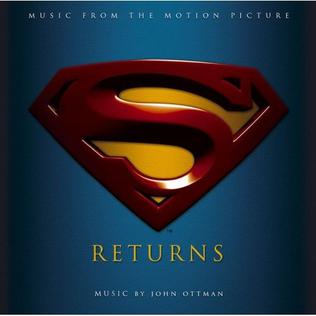
Composed by Christopher Young
In the pre-MCU days of superhero films, most Marvel adaptations to the big screen seemed to come from its “Knights” line-up. These were characters that normally wouldn’t be seen around the Avengers, and they were often urban crime-fighters. One of the more unique characters among this grouping is Ghost Rider, a man with a flaming skull who rides a motorcycle. In the movie Johnny Blaze (Nicholas Cage) struck a deal with the Mephisto (aka the Devil played by Peter Fonda) to save his father from a mortal illness (it goes about as well as you would except with such a deal). Years later it’s time for Blaze to fulfill his end of the bargain. As the Ghost Rider he has to stop Mephisto’s errant son Blackheart from acquiring a contract worth thousands of souls.
It’s not a great movie, but it is fun and looks better in light of the overly-derivative superhero fare we’ve been getting over the past few years. One of its surprising strong suits is Christopher Young’s score. But perhaps it should not be a surprise, as Young is an accomplished horror film composer working on a horror-laced superhero film. For the project Young sought to synthesize three genres into one. There would be gothic elements for the supernatural elements, industrial rock for the cool factor of a fiery skull-headed motorcyclist, and western for the geographical setting. Continue reading








